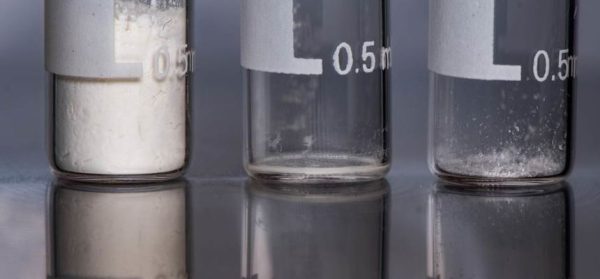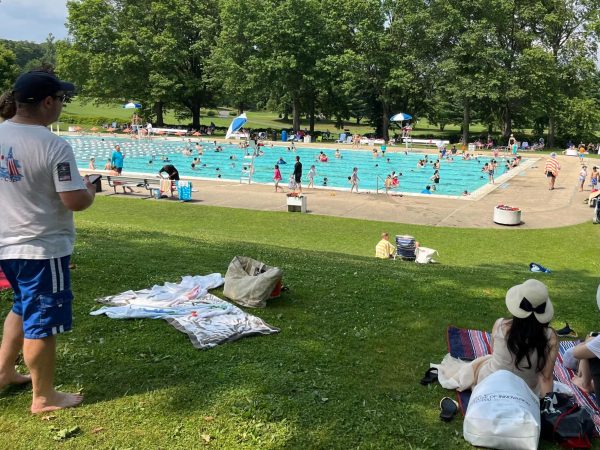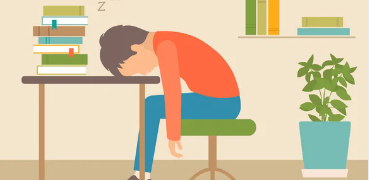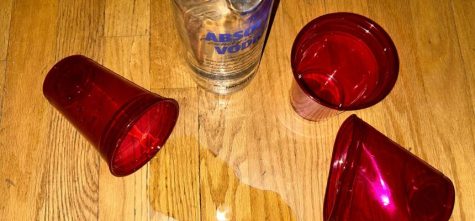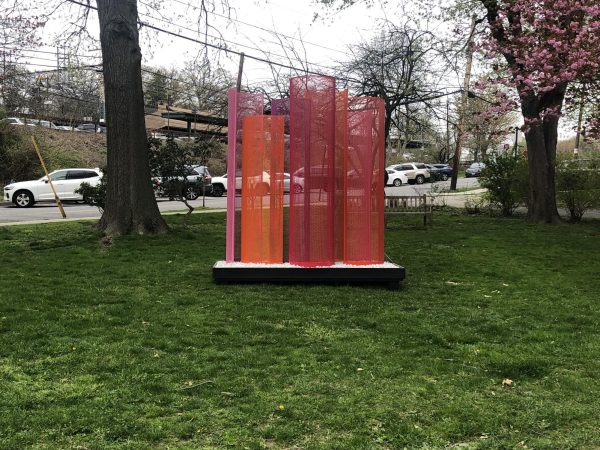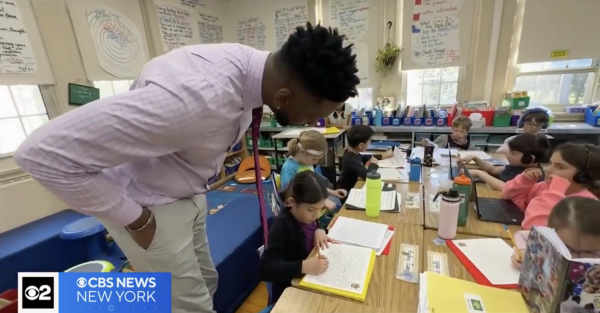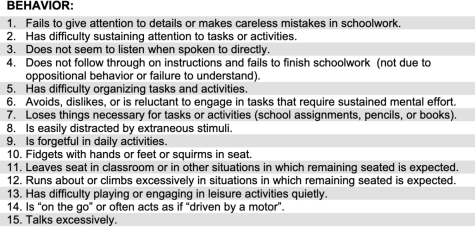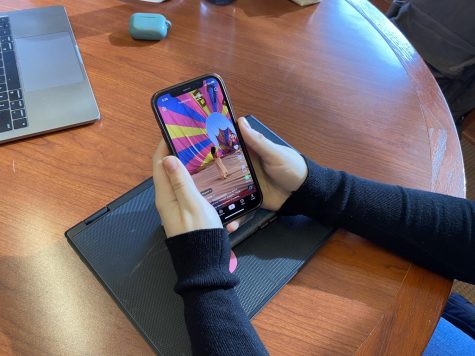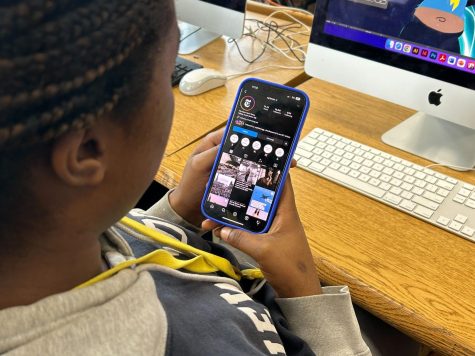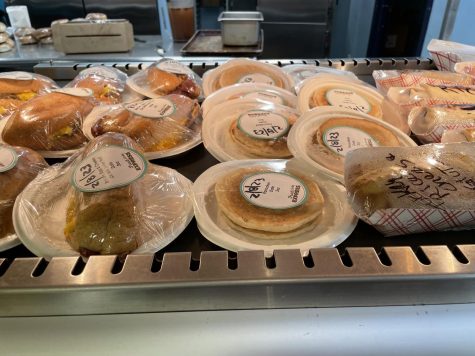Academic testing in the age of Covid-19: Why it can’t work
With distance learning now fully underway, crucial aspects of the typical school curriculum, like tests and quizzes, have become unusable in their current state. As a result, the district is seemingly left with a difficult choice: Either encourage at-home testing, causing a potential uproar of cheating and student misconduct, or discourage it, limiting students’ abilities to stand out from their peers with their scores.
Before I continue, I should acknowledge that the concerns of relatively healthy students like myself should never be prioritized over those of the sick and at-risk at this time. It should also be noted that the Pelham school district has made great strides to make distance learning for students comfortable.
I awoke Wednesday morning to over a dozen notifications on my phone from teachers, each giving their personal online intro to a new way of teaching. It felt about as comfortable as it could, given the dire circumstances, but each and every teacher failed to mention how we would be assessed in the coming weeks. We would be assigned regular homework alongside digital lessons, but there were no tests or quizzes to speak of on the agenda.
Normally, I would rejoice from the absence of stress-inducing tests during this already stressful time. However, it’s my junior year; I’m constantly reminded by my parents, teachers, guidance counselors, admissions officers, and other students that this is the year that colleges will observe my school performance with the highest level of scrutiny. “Freshmen and sophomore grades are one thing,” I remember one admissions officer telling me. “But junior year is where you absolutely have to outshine.”
Yet, without the ability to “outshine” my peers through testing in this second half of junior year, it’s difficult to find motivation to do any more than the bare minimum for my classes. These concerns may seem vapid in the face of such a worldly pandemic, but are reflective of a whole world of unknowns and question marks for the American education system at the moment.
Even if Covid-19 concerns could be ignored (which, rightfully, they are not), at-home testing during a school closure would be a nightmare for cheating and student misconduct. Nearly every PMHS student, including myself, has consistent internet access at home across multiple devices; because of this, the online resources we would use for testing, like Castle Learning and Google Forms, would allow for unethical internet searches for answers, immoral cooperation with friends through digital communication, and other forms of difficult-to-track cheating. This scenario would entirely flip the values of PMHS, allowing less-than-ethical students to be rewarded for their violations of the Student Code of Conduct, while hard-working students that avoid cheating would be at an automatic disadvantage in comparison. Maintaining an “honors system” for cheating in class is one thing, but when the resources for such behavior are directly in front of students with practically no accountability system in place, it would be foolish to think that no unscrupulous students would take the opportunity to cheat, and cause more students to want to close this unfair gap by cheating as well.
With all of this in mind, there are still ways for teachers to assess their students’ abilities in unique ways beyond tests and quizzes. Fun school projects are fairly translatable for at-home use, and could act as prototypes for new ways to assess student knowledge of the courses they are enrolled in outside of school. But, until projects like these are introduced as ways to stand out from crowded field of students seeking academically-competitive colleges, methods for aspiring students to “outshine” during this period will remain limited.
Tommy Roche is a student at Boston College. During the 2020-2021 school year, he was the Managing Editor/News of the Examiner, primarily covering general...




